I wish I could say I’ve always been a “go with the flow” kind of person. But the truth? I’ve spent far too many late nights lying in bed, replaying awkward conversations from ten years ago or worrying about things that never actually happen. Back when I worked in banking, I could juggle spreadsheets, deadlines, and high-stakes meetings without blinking… but a single intrusive thought at 2 a.m.? That could derail my whole week. Over the years, I’ve learned that managing anxiety isn’t about eliminating it, it’s about finding the right tools. And for me, some of the best tools have come from books.
Here are five books that didn’t just help me quiet the noise, they helped me change the way I live.
5 Best Books for Anxiety and Overthinking
1. Stop Overthinking by Nick Trenton
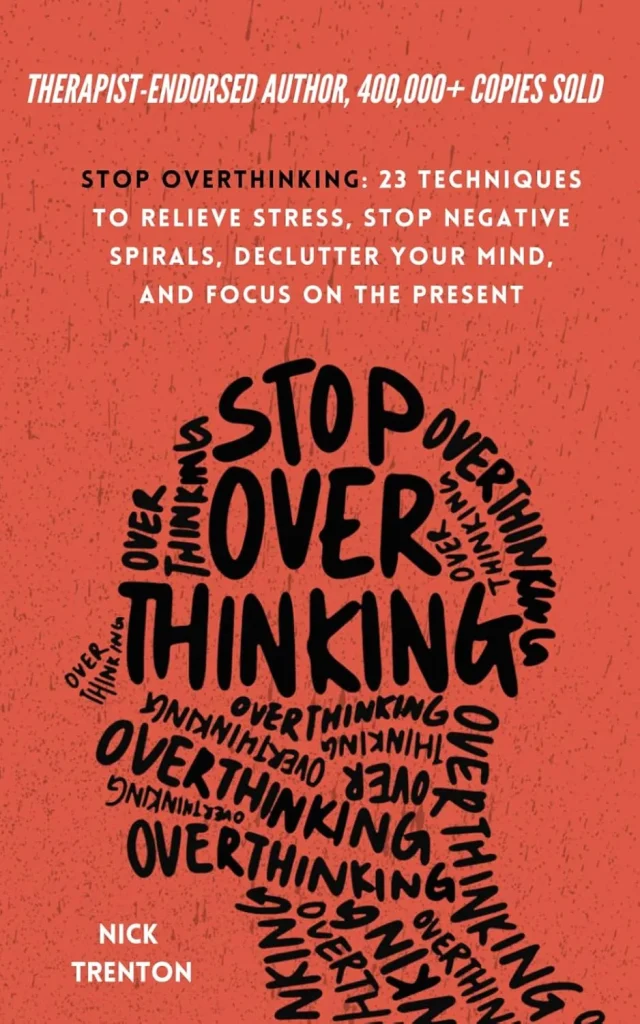
When my therapist first suggested this one, I thought, Great, another book telling me to “just relax.” But Stop Overthinking is refreshingly practical. Trenton’s 23 techniques don’t feel like fluffy affirmations, they’re actionable, science-backed steps that make sense in real life. I loved how approachable the writing was; even on a busy day, I could pick it up, read a few pages, and walk away with something useful.
One thing that stuck with me was identifying “spiral triggers.” For me, that’s often work emails at odd hours or an offhand comment from someone I care about. The book helped me notice these moments before my brain launched into a full overthinking Olympics. I even passed it on to my mom, our phone calls since have been way less about worrying and more about laughing.
2. Reclaim Your Brain by Dr. Joseph Annibali
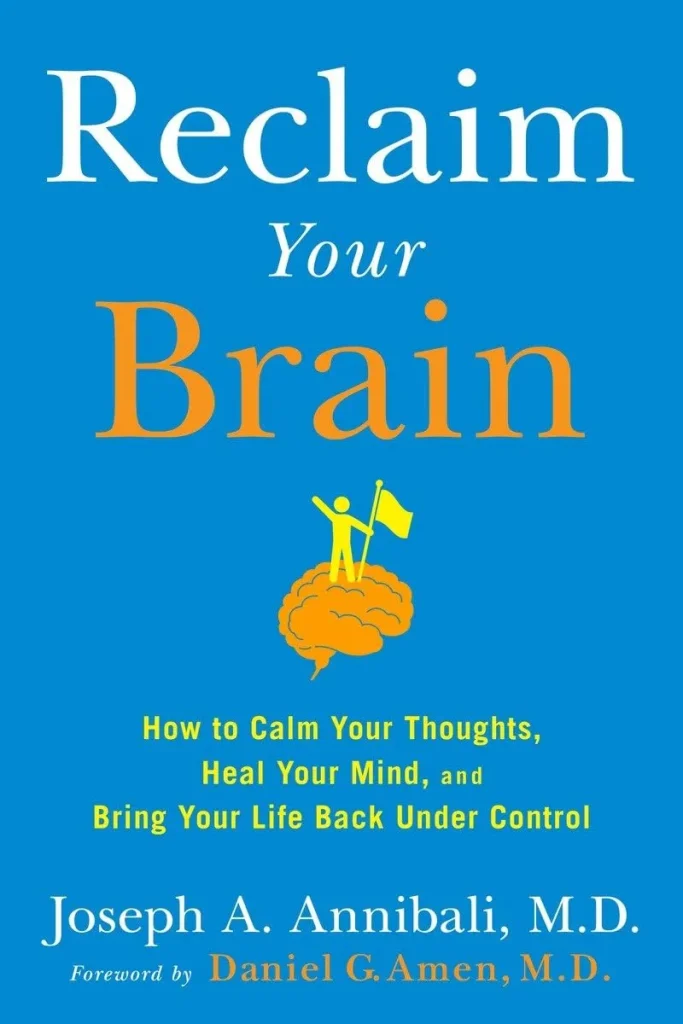
If Stop Overthinking was the warm-up, Reclaim Your Brain was the deep dive. Dr. Annibali doesn’t just say, “Your brain is overloaded”, he explains why, and how to fix it. As a former athlete, I appreciated his analogy of the brain as a team, you need to train it, protect it, and know when to rest your star players.
One patient story about head trauma from sports hit home. I played cricket and football for years, and I’ve had my share of knocks. Reading how brain injuries can contribute to anxiety made me rethink how I care for myself now. This book made me realize that anxiety isn’t always “all in your head”, sometimes it’s in the wiring, and knowing that is empowering.
3. It’s Okay to Feel Things Deeply by Carissa Potter
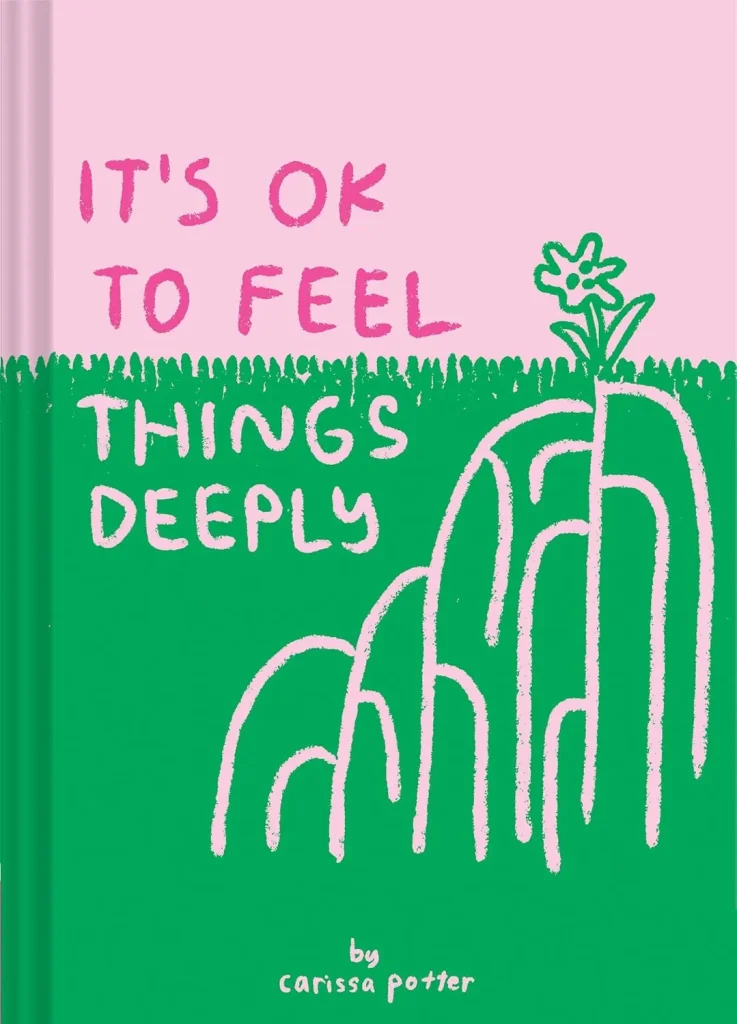
This little illustrated gem is like a friend showing up with tea and a blanket when you’re having a bad day. It’s sweet, affirming, and reminds you that emotions aren’t weaknesses, they’re part of being human. I especially loved how simple the reminders were.
I read this one with my 11-year-old daughter on a rainy afternoon. We ended up talking about how we both sometimes pretend we’re “fine” when we’re not. She doodled her own “big feelings” afterward. That’s when it hit me, books like this aren’t just self-help; they’re conversation starters, especially for kids learning emotional resilience early.
4. Unwinding Anxiety by Judson Brewer

Brewer’s book feels like the user manual my brain never came with. He blends neuroscience with mindfulness in a way that made me go, Ohhh, so that’s why my brain keeps looping the same worry. His “RAIN” technique (Recognize, Acknowledge, Investigate, Note) became my go-to during tense moments.
What I liked most? It’s realistic. Brewer doesn’t expect you to meditate on a mountaintop for three hours a day, he shows you how to make micro-changes. I started practicing his curiosity approach when I felt anxious, and it’s amazing how quickly it can shift your mood. Like changing your cricket batting stance mid-game, it feels small but changes everything.
5. The Anxiety Sisters’ Survival Guide by Abbe Greenberg & Maggie Sarachek
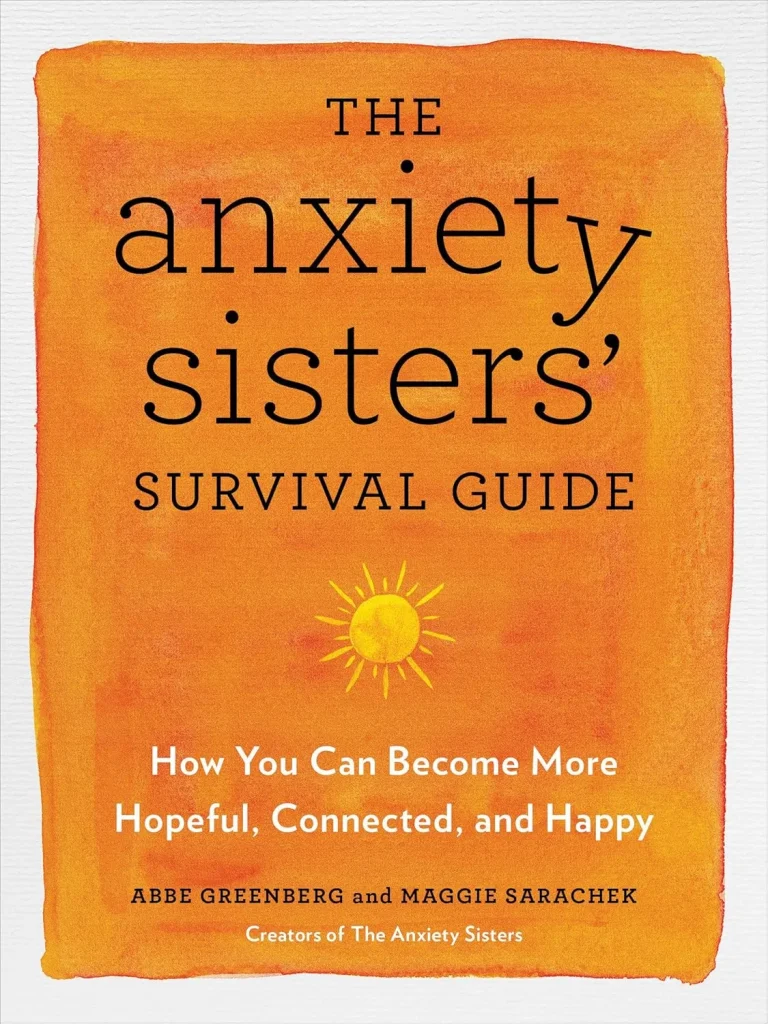
If most anxiety books are like sitting in a quiet therapy office, this one’s like meeting your funniest, most understanding friends for coffee. Abbe and Maggie are warm, witty, and relatable, and they give you strategies without making it feel clinical or heavy.
Their take on “Shrinking World Syndrome” really hit me. I’ve seen how anxiety can make people slowly avoid more and more of life, and their humor-infused advice makes you want to push back against that. Plus, their personal stories reminded me that sometimes, the best medicine for overthinking is simply realizing you’re not the only one in the club.
A Personal Reflection
Looking back, I think my tendency to overthink was both my superpower and my stumbling block. In banking, it meant I caught details others missed. In theater, it made me dissect every line of dialogue until it felt just right. But in life? It sometimes meant I lived more in my head than in the moment. These books didn’t “cure” me (and honestly, I wouldn’t want them to), but they’ve helped me find balance, turning overthinking into insight, and anxiety into action.
Wrapping It Up
Anxiety and overthinking might never fully disappear, but they don’t have to run the show. Whether you need science-backed tools, a comforting reminder, or a good laugh, these books offer different paths to the same destination: a calmer, more present you. If you’ve read any of them, or have your own favorites, tell me. I’m always ready to add to my anti-overthinking bookshelf.
💡 When you buy through our Amazon links, I may earn an affiliate commission.
Know Your Author
Hi, I’m Emon
I’m the voice and heart behind Whimsy Read. After nine years in the world of banking, I followed my passion for storytelling into the world of SEO and content strategy. Now, I blend that analytical eye with a deep love for literature to bring you book reviews that are thoughtful, honest, and always focused on the stories that stay with you.
When I’m not reading or writing, you’ll find me enjoying joyful chaos with my wife and three kids, getting lost in a new series, or revisiting my old loves: theater, music, and gaming. At the end of the day, I believe great books are meant to be shared, and I’m so glad you’re here to share them with me.

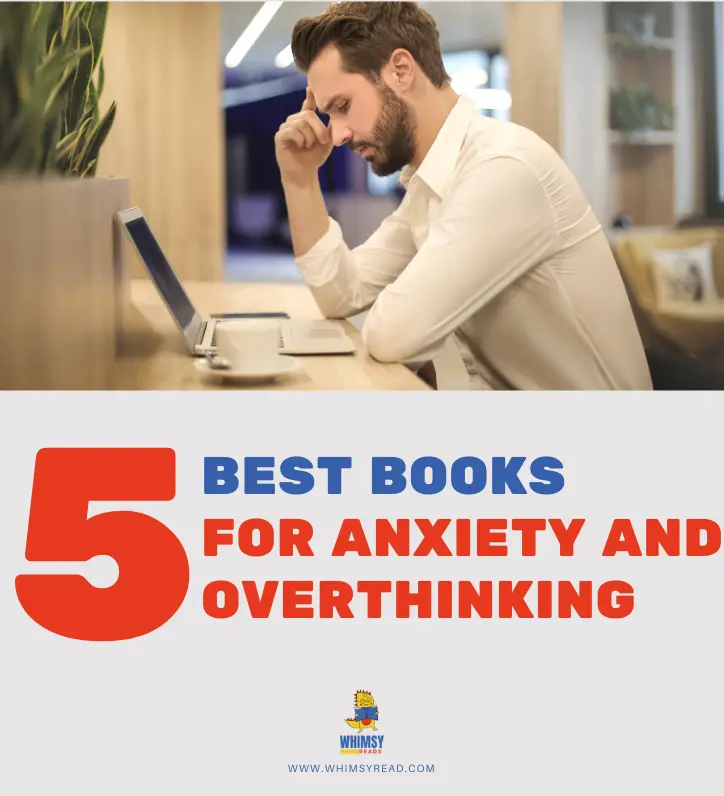





Leave a Reply